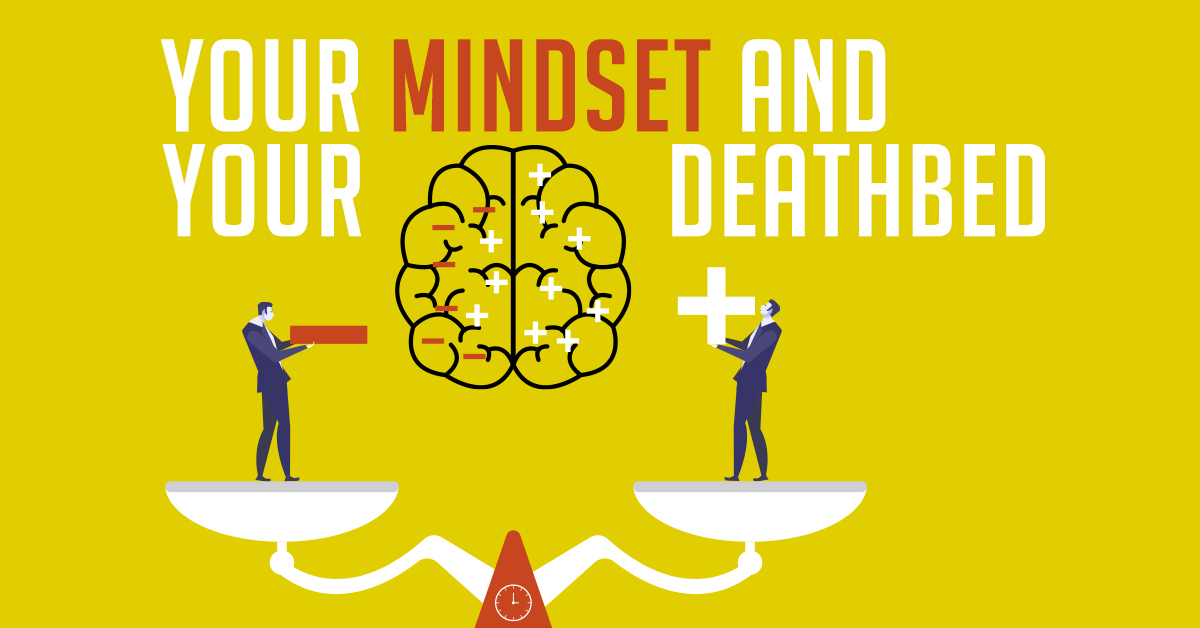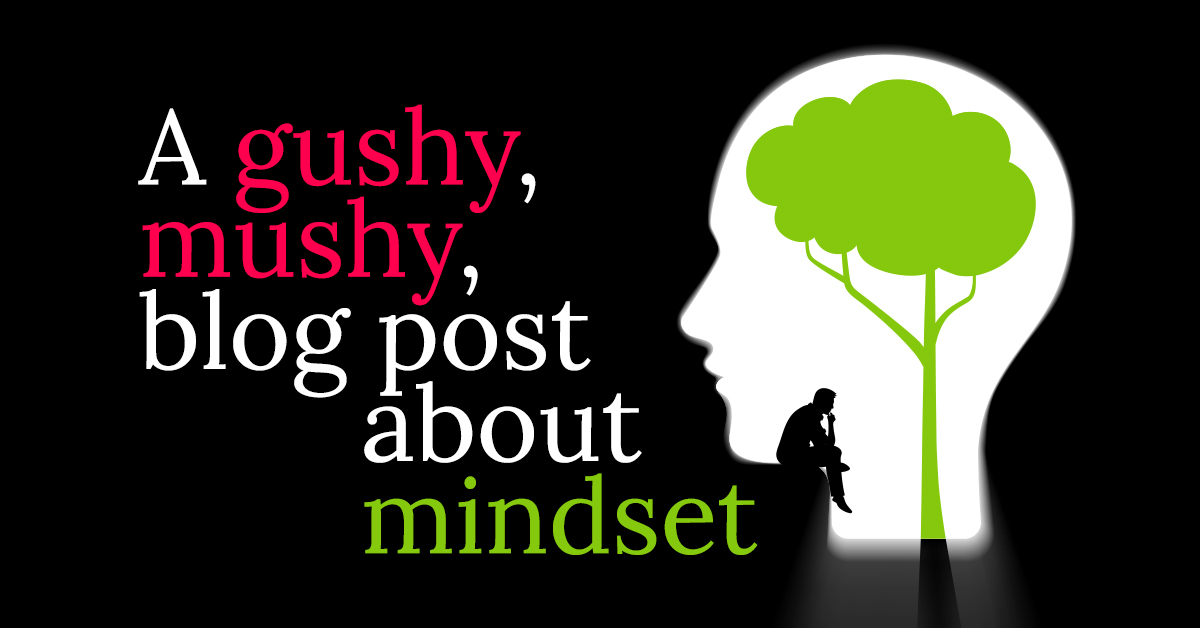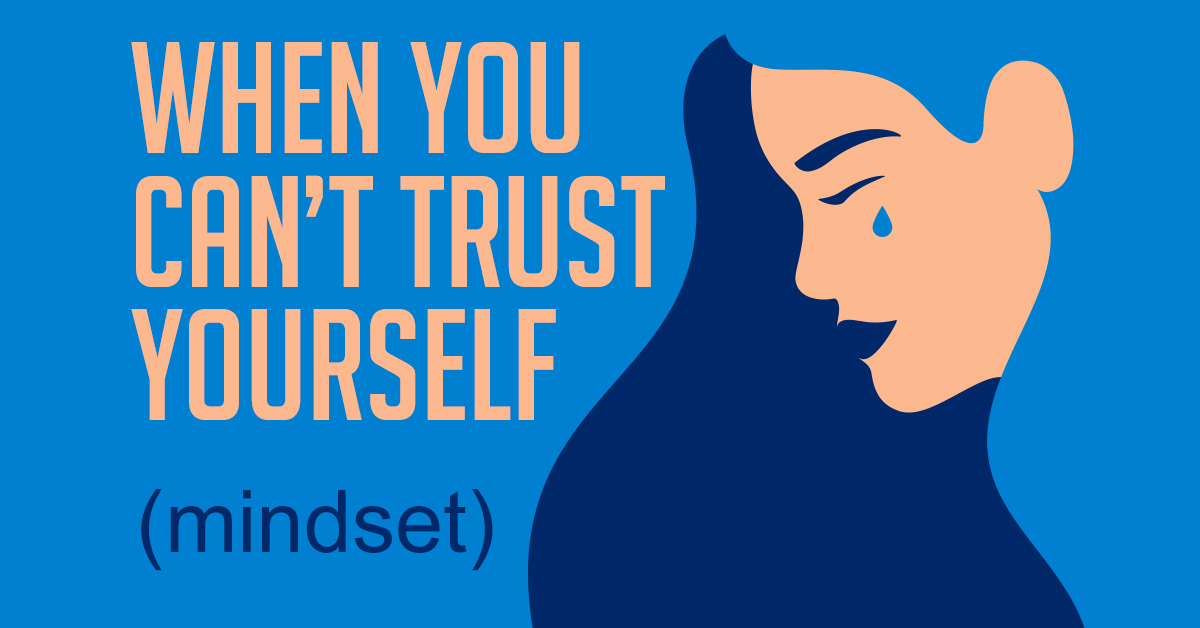If you’ve decided to become a freelance copywriter, you’ve already done something pretty amazing. You’ve shown that you’re willing to take risks and learn and improve. Not everybody is that brave or driven. So pat yourself on the back.
But even still, you probably have those times when the fear creeps in—when you stay up at night fretting about the sales letter that isn’t coming together, and you wonder if you have the stuff to make it in this business after all. Or you’re on the verge of making a cold call, and you just keep thinking that if you only had this or that experience under your belt, you’d be a lot more convincing. If you can relate to this, let’s talk jigsaw puzzles.
Fixed vs. Growth Mindset: A Tale of Two Puzzlers
In her book “Mindset: The New Psychology of Success,” Stanford psychologist Carol Dweck talks about an experiment with kids and puzzles that offers some really important wisdom for anyone who has struggled with fear of personal inadequacies.
Dweck and her colleagues got a bunch of 4-year-olds together to do jigsaw puzzles. Then, she gave them a choice: they could do the same easy jigsaw puzzle again or try an even harder one. The group that decided to stick with the familiar puzzle was drawn in by the guarantee of continuing success. Another “win” would further validate that they were darn good at jigsaw puzzles. These kids had a fixed mindset.
The second group thought the question was weird to begin with. Why do the same thing when you’ve already proven you can do it? Growth was so important to them that they were willing to risk failure in order to achieve it. These kids had a growth mindset—and that, Dweck, argues, is one of the biggest indicators of success and happiness in life.
If you have a fixed mindset, you assume that your character, intelligence and abilities are inborn and static. Your priority is validating how smart or skilled you are. You avoid things that will threaten your standing. A growth mindset, however, believes that smarts and attributes can be cultivated throughout life. The priority here is finding every way possible to learn and grow and improve. For people with a growth mindset, failures aren’t setbacks; they’re opportunities to grow your current abilities.
Opting for Growth
Fortunately, even if your mindset is more fixed than growth-oriented, there are plenty of ways to adjust your way of thinking.
- Turn your anxiety into excitement. When you get anxious about an upcoming client meeting or writing project, what you’re feeling is a rush of a chemical known as cortisol inside of your body. Cortisol has an important function—it’s what motivated our ancient ancestors to get away from saber tooth cats and bears. The trick is to figure out what the stimulus is and change your relationship to it. Neither the client meeting nor the sales letter is going to kill you, so take that cortisol rush and channel it into a healthy reaction—excitement.
Instead of saying, “I’m going to come off as a rookie in this interview,” say, “I’ve done my homework, I’m a hard worker, and I’m a go-getter. This is going to great.” Rather than giving in to those anxious feelings, flip the script and make them work to your advantage.
- View people as mentors—not threats. Even as one of the most successful copywriters today, when I see a really good sales letter, I’ll take time to transcribe it line by line. This helps me internalize it and learn from it. Don’t feel intimidated by leaders in your field—seek them out through copywriting workshops and mastermind groups like Copy Accelerator. I’ve made a lifetime practice of seeking out the company of people who are more talented or successful than I am in different areas. It’s one of the best ways I know to learn and improve.
- Learn to love feedback. Imagine that you’re on a hike and you pass someone coming down the mountain. They have some insider knowledge for you: “Don’t go that way. Go this way. The view’s way better!” You won’t begrudge them the free tip, and you won’t hate yourself for not knowing this on your own. You’ll take their advice and enjoy that gorgeous view you might not have discovered otherwise. That’s how feedback works—If you don’t let it make you feel defensive, diminished or defiant, it can take you to a much better place.
- Praise your efforts—not your successes. When you’re passed up for a job you really wanted, you might start picking yourself apart. “Naturally, they chose someone else because I’m too this or too that.” Stop the madness. Hundreds of factors could have gone into that decision, and many of them were probably out of your control. Give yourself plenty of love for the thing you can control—your efforts. Try saying, “That was really brave of me to tackle an unfamiliar topic for my writing sample,” or, “I spoke with a lot of confidence on that phone call.”
- Use the word ‘yet.’
“I’m just not a fast writer” vs. “I’m not a fast writer yet.”
See what happens there? When even your speech points toward a growth mindset, it’s easier to view yourself on one giant continuum of learning.
The next time you start fretting about failure or rejection, I want you to be the 4-year-old asking for another puzzle. You can sink into feelings of inadequacy or imposter syndrome, or you can leverage the new challenge for your benefit. A growth mindset can get rid of the irrational fears and turn life into one big, fulfilling adventure.




0 Comments